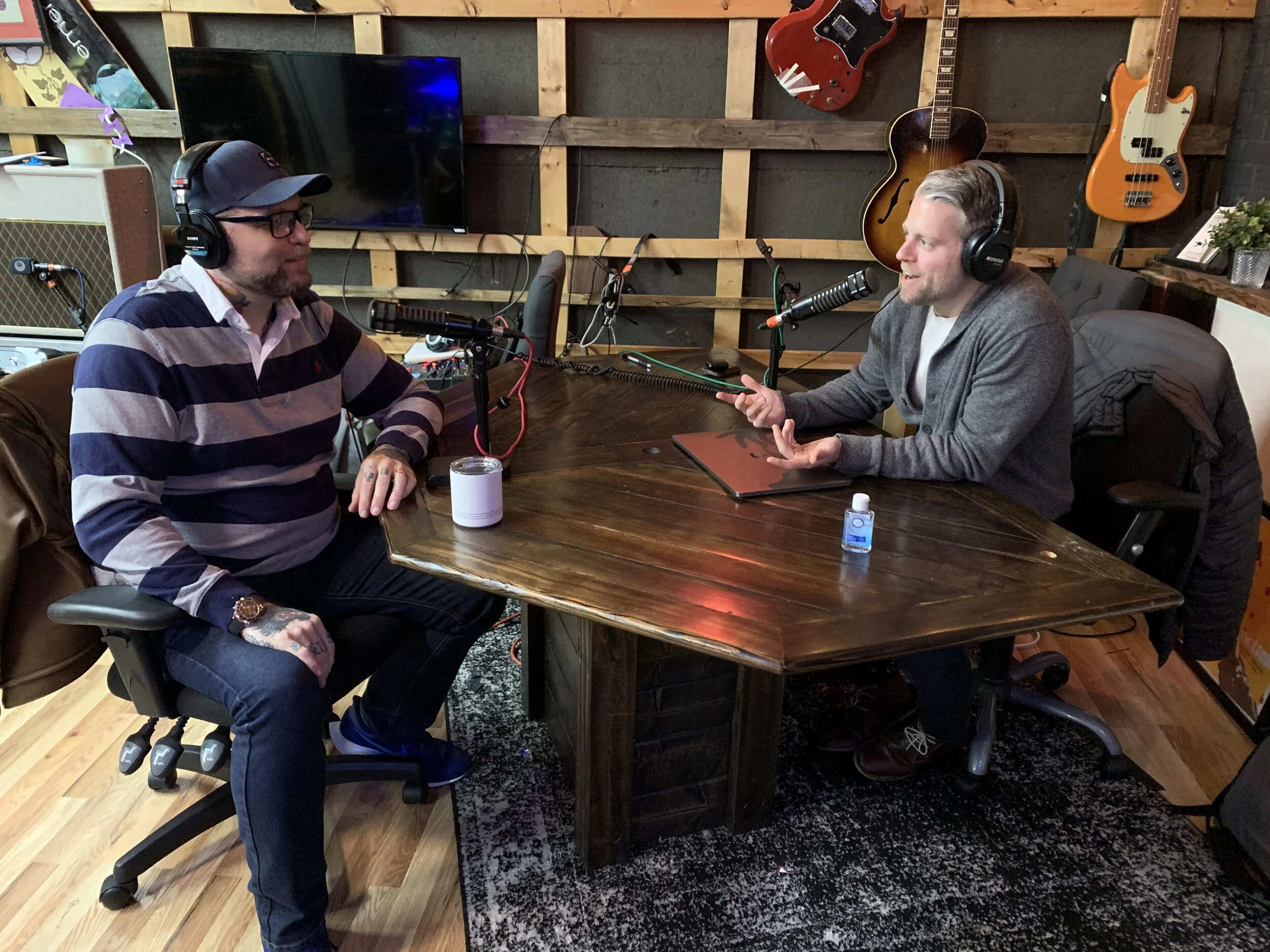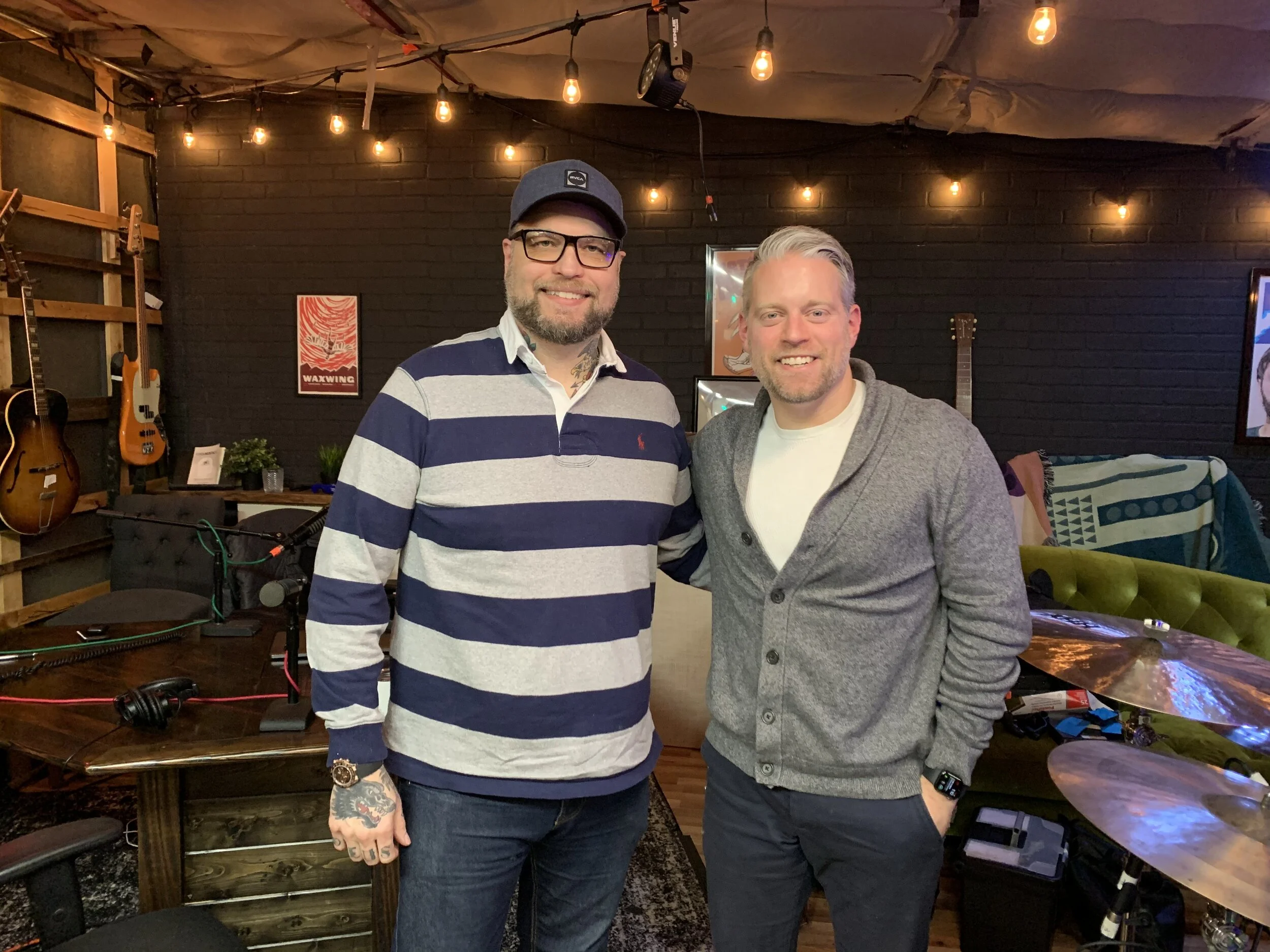Rob Hill, MyKabin (Left). Tyler Davis Jones, Host of the Rise Seattle Podcast (Right).
Updated regulations in Seattle have more and more homeowners seriously considering the possibility of building a DADU (Detached Accessory Dwelling Unit) on their property.
Homeowners, renters, and the City of Seattle in general all stand to benefit from an increase in DADUs, but all too frequently, the cost of building a DADU can be prohibitively expensive.
Then MyKabin came along.
In this episode of the Rise Seattle Podcast, host Tyler Davis Jones sits down with Rob Hill from MyKabin. This innovative company is focused on building DADUs in the backyards of single-family homes in Seattle, and it all started with a change in regulations that allowed for more desperately needed affordable housing options.
AT THE HEART OF MyKabins
In the podcast episode, Rob and Tyler dive into how MyKabins came to be (the idea came to life over poker) and the problems that MyKabins works to address, the philosophy behind MyKabins, and what the community can expect.
After discussing the many frustrations involved with actually getting a DADU built, MyKabins Co-Founder Clint Jones and fellow Co-Founder Tom Todaro kept coming back to the fact that it was hard to get a straight answer from contractors about how much it would actually cost. They felt the construction industry was outdated with their whole process, and they wanted to figure out if they could put an upfront price on a DADU.
“It doesn’t matter how much you change the laws and make things easy,” says Rob. “If the cost doesn't make sense, nobody’s going to do it.”
After mulling over potential DADU designs and associated costs, they figured out that they *could* put a price point on the cabins, and from that idea, MyKabin was born.
Clint and Tom brought Rob on (Rob is Clint’s cousin) to focus on the sales and marketing side of things:
“I go out there, I educate people,” shares Rob. “We’re a couple of local guys trying to make things better for people and improve the city both from a green standpoint and from a density standpoint, and [creating a] chance for people to make some money too—I mean who doesn’t want to do all of that?”
“Any good product, you shouldn’t have to sell,” he adds. Rob focuses on providing education about MyKabins, and people see the inherent value on their own.
Drink Wine,
Fight Coronavirus!
MINDSET SHIFTS & COMMUNITY IMPACT
What changed in the Seattle City Council to allow for these DADUs to be built so freely?
“I think that there was a big shift in the mindset,” shares Rob. He believes that the original rules surrounding DADUs were in place in part due to a fear that if the city opened up the “floodgates” to DADUs, people would take advantage of it. Many people were also afraid of what DADUs would do to their neighborhoods.
Rob calls this “pre-tech boom thinking”—at some point, Seattle had to realize that they desperately needed to address the housing crisis and increase density.
But of course, addressing these problems has not been without their growing pains, and Tyler acknowledges how challenging it has been for many people who have lived here for decades to watch their city transform.
Tyler adds that in a recent interview with Amy King from Square Peg, they talked about how people often discuss how expensive housing is in Seattle, and they discuss low-income housing, but rarely do people address solutions for affordable housing. Tyler adds that DADUs not only offer investment opportunities for people like him (self-described as an “average joe who is still privileged”) who can see outside the current system and can still make money all while benefiting the city.
“To me it’s win, win, win,” adds Tyler.
Rob also adds that adding DADUs to neighborhoods is a slower, more gradual way to add affordable housing to a neighborhood, versus putting in a big new condo building that’s going to have a much more drastic impact. For example, you can add a DADU to a property in Magnolia, and someone who could usually never afford a place in that neighborhood can suddenly afford to live there.
Rob also adds that “This actually helps with true economic diversity in my opinion, because you’re kind of sprinkling these affordable housing units all through the community… and it’s not as intrusive or impactful to the environment with cars and all of that.”
The saying “A rising tide raises all boats” definitely rings true here.
PROCESS & PRICE
So, what does it actually take to have a MyKabin DADU built on your property?
Ok, so let’s say you’re ready to do this. Rob walks us through the process step by step, which usually begins with people entering their address on the MyKabin website to see if their home qualifies to have an DADU built in the first place. Their tool pulls data from county records to give people instant results, and then after the MyKabin team does their own more in-depth assessment, they’ll go visit the property in person.
“With MyKabin our prices are guaranteed and they’re upfront—there are no overages with us,” shares Rob.
“The price on the contract is the price you pay, so if we start digging and there’s a Volkswagen buried in your backyard, it’s on me, it really is. We’re all about the transparency piece.” (Prices are even available on their website.)
And when Rob says “all-inclusive” pricing, he means it—the upfront price includes utility connections, foundation—everything, from the initial site survey to the client finally getting their keys at the end.
In the episode, Rob shares more about:
The specific steps that go into the building process
How much money is due and when
What type of permitting and building timeline clients can expect
How they figure out if your property is large enough/configured in the right way for a DADU
How MyKabin homes pencil out as far as renting goes
… and more. Tyler and Rob really dive into the weeds here, so if you’re seriously considering building a DADU, get ready to take notes!
You can learn more about MyKabin here:







